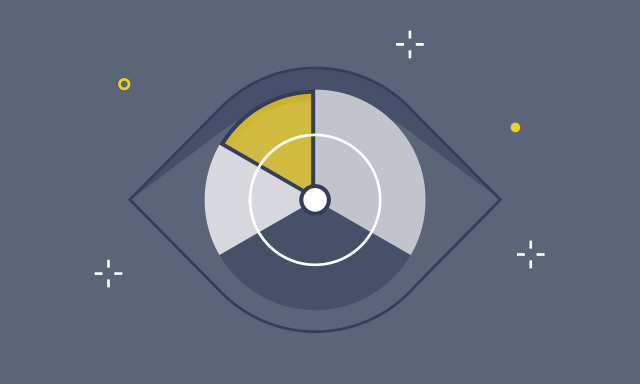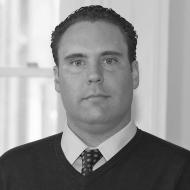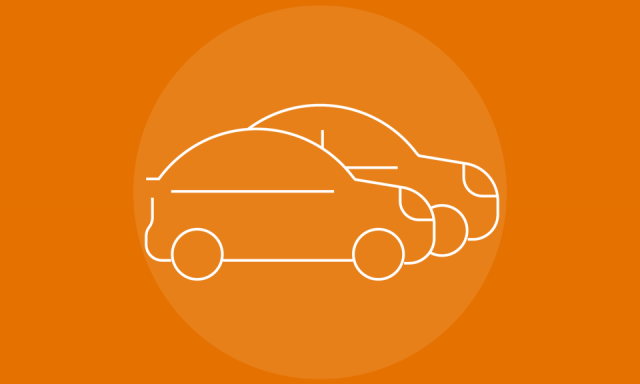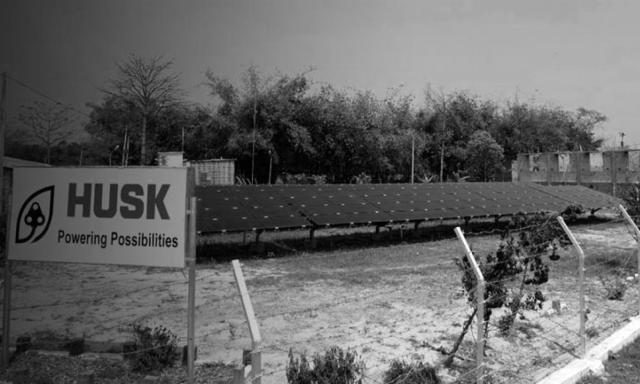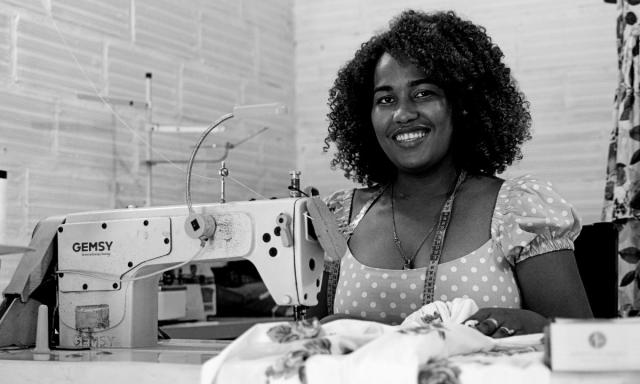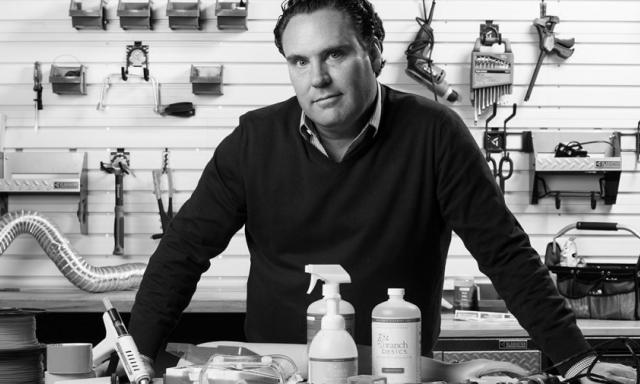
Guess What? Your Product Is Not Perfect
Darden Professor Raul Chao urges his entrepreneurial students — and entrepreneurs in general — to reject the traditional way of bringing a new product to market: the time-honored product launch.
“I’m certainly rejecting some dogma,” he says. “People are so used to thinking about the traditional product launch as the way to innovate.”
But the idea of the conventional launch — of creating the perfect product and waiting for just the right moment to spring it on customers with fanfare and advertising — is outdated, if not just plain wrong, says Chao.
“You don’t need to hide the product from the customer for nine months and launch it during the holiday season or at an annual product showcase. In fact, there should be no product launch,” says Chao, an expert in innovation and new product development. Instead, think of your product as perpetually imperfect, as a prototype that will evolve over time through “continuous innovation,” he says.
Chao believes entrepreneurs should toss their prototypes out to the market dogs — onto store shelves and bazaar tables — where the real world will quickly give its honest opinion about their beloved baby. Is it the equivalent of pre-cooked bacon, printers that copy and scan, or home peppercorn grinders? Or did you just come up with the equivalent of New Coke, subprime mortgages or pay toilets? If it’s the latter, it should go down the toilet. And fast.
And that’s the big bonus. Chao’s innovation strategy allows for continuous tinkering on the product with immediate feedback from the customer to learn, first, if it will sell, and then, will it sell better with one particular improvement or another. That feedback is genuine. “Did the customer buy it after the change? Did they buy more of it or less?” he asks.
“Innovation should happen in never-ending cycles. You build a prototype, throw it out on the market, gather data from the market and then build another prototype. It’s not going to be perfect. It’s a prototype by definition. But you’re going to learn faster what the technical or market risks actually are. You learn much faster if a product or a venture is a go or a no-go,” Chao says.
To implement this philosophy, innovators must also tame the fear of failure. “Innovation is risk,” says Chao. “You need to develop a healthy tolerance for failure. I tell anyone who will listen: Let me break it to you, you’re not perfect. And your product is not perfect, either. It’s a philosophical change that is needed to make continuous innovation work. You have to accept it’s going to be an imperfect evolution. That change is not easy, particularly for Type-A personalities who are used to achieving success in almost everything they do.”
Chao has an operations background rooted in process thinking. A chemical engineer by training, he spent most of his earlier career as a systems engineer and a consultant to big businesses such as 3M, Microsoft and Lockheed Martin.
His expertise is in looking for the flaws or non-value-added activities in the sequence of events by which things get done. “Are certain things we do driving costs up or down? How does a process create value for customers? Is productivity increasing or decreasing? Process improvement is in my DNA,” he says.
But especially in big companies, change is difficult. “Once an organization hits a certain scale, it’s tough to continuously innovate and change processes. It requires as much cultural change as technical or process change,” says Chao. “And you have to empower everyone in the organization to make those changes.”
A few years ago, Chao turned his research focus from big companies to small companies and entrepreneurs. “I shifted on a personal and professional level to embrace the life of the entrepreneur, to understand what the individual or small company is going through in getting a new venture off the ground. I’m still focused on innovations — on the processes that drive value — but more focused on small business.”
Chao teaches a popular prototyping class at Darden, in which he estimates about half the 120 students are entrepreneurs. He teaches them that the supporting business processes must also change when the product strategy is one of continuous innovation.
“You need to gear your whole company for innovation rather than think, ‘That’s the recipe, that’s our label and everything is fixed.’ The whole system should be designed to put the product out there twice a week, not just once a year in big batches. Make small batches. Keep a low inventory on hand. Constantly innovate. Why make a bunch of stuff and put it on a shelf to sit for months on end?”
“Remember, your prototype is going to change this week, next week, the week after that and the week after that. … Regardless of what the customer might say in a focus group or survey, the way they act will tell you more. Put it out there. If they buy more of it, they like it.”
Prototyping and innovation are not just theories to Chao, who owns a business in northern Virginia that cuts and installs granite countertops. He brings the same vision of evolutionary prototyping to the businesses he owns. He also co-founded — and recently sold — a startup called Lumi Juice, an organic fruit and vegetable juice now available throughout the mid-Atlantic region.
But Chao believes that innovation is more than just a way for companies to make money. “The soul of innovation is important to human beings. It’s not just about organic growth and financials. Innovation is a profoundly moral activity. You’re creating something better, something new, something that you own, not just something you get paid to do. You’re building something that will improve the world and that’s going to bring not only an economic windfall but also a psychological and moral windfall for the innovator.”
Carlos Santos is a freelance writer and co-author of Rot, Riot and Rebellion: Mr. Jefferson’s Struggle to Save the University that Changed America.



